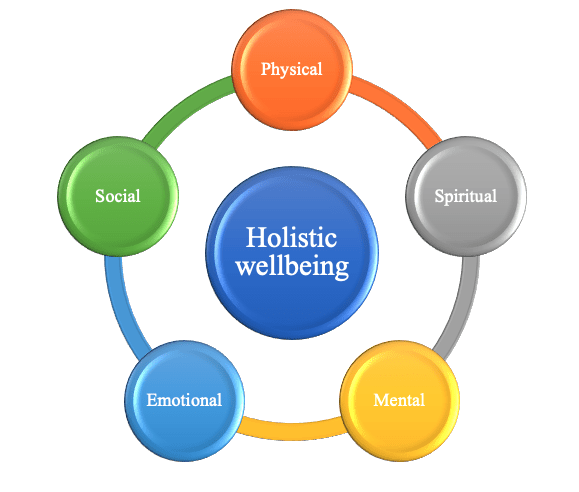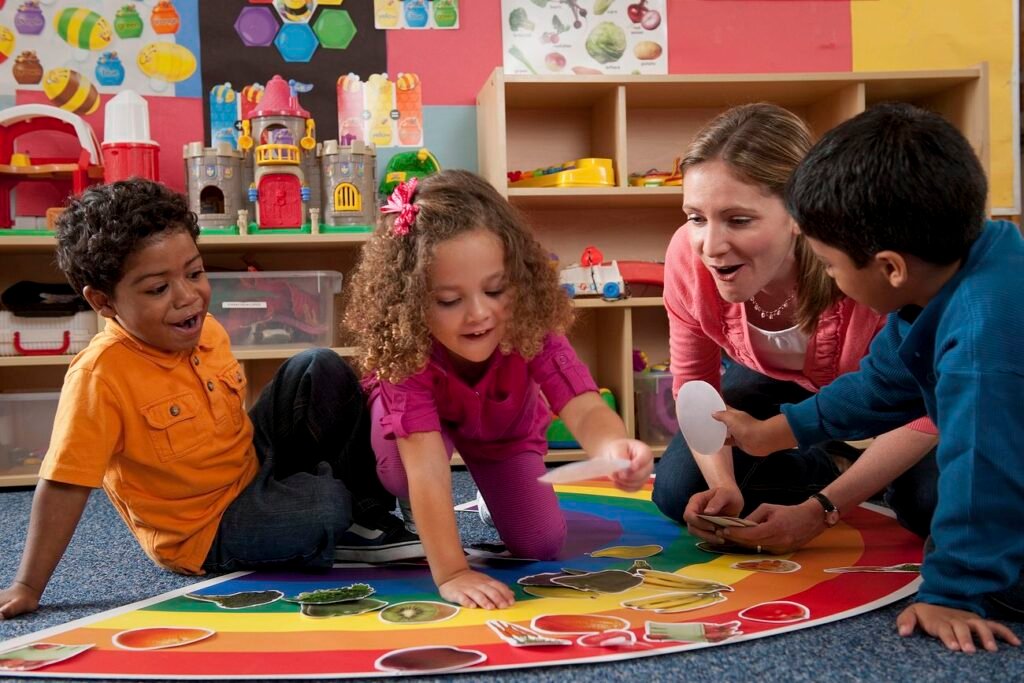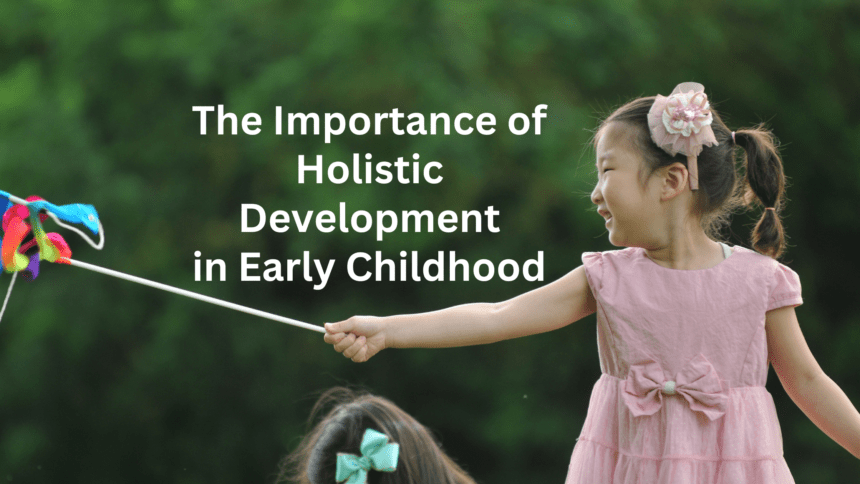Introduction
The early years of a child’s life are a crucial period of rapid growth and development. In India, where cultural values and educational expectations often place a high emphasis on academic achievement, it is vital to recognize the importance of holistic development. This approach nurtures not just the intellect but the physical, social, emotional, and spiritual aspects of a child, creating well-rounded individuals ready to face life’s challenges.
What is Holistic Development?
Holistic development means nurturing the whole child – socially, emotionally, physically, intellectually, and spiritually. It goes beyond traditional education, which often focuses solely on academic performance, aiming instead to foster balanced and resilient individuals.
Importance of Holistic Development in Early Childhood
Holistic development is key to early childhood learning. By addressing all aspects of a child’s growth, parents and educators can help children reach their full potential. This comprehensive approach ensures that children develop essential skills such as emotional intelligence, confidence, social abilities, compassion, motor coordination, responsibility, and creativity.
The Five Aspects of Holistic Development

Physical Development
Physical development encompasses all aspects of a child’s growth and body functioning. It includes the development of gross and fine motor skills, sensory development, and ensuring basic physical needs such as nutrition, health, and a safe environment are met.
Social Skills
Social skills involve how children interact with others and communicate within their world. It includes learning manners, taking turns, sharing, showing kindness, and developing leadership qualities.
Emotional Understanding
Emotional understanding is about learning to express and manage emotions healthily. It involves developing a child’s emotional intelligence, which is crucial for personal and professional success.
Intellectual Development
Intellectual or cognitive development refers to how a child processes information, learns, develops language, and acquires mental concepts. It includes developing critical thinking, attention span, and receptive and expressive language skills.
Spiritual Development
Spiritual development involves building morals, values, and a sense of responsibility. It helps children develop their personality and understand their place in the world, fostering a sense of right and wrong.
Supporting Holistic Development at Home
Encouraging holistic development starts at home. Parents and caregivers play a crucial role in creating a balanced environment that supports all areas of a child’s growth. This includes providing emotional support, fostering a love for learning, and encouraging physical activity.
The Role of Environment in Holistic Development
A child’s environment significantly impacts their holistic development. A safe, nurturing, and stimulating environment helps children explore, learn, and grow. This includes having a safe play area, appropriate toys, and engaging learning materials.
The Interconnectedness of Developmental Aspects
The various aspects of holistic development are interconnected. For example, a child who is emotionally supported is more likely to perform well academically, and good physical health can enhance cognitive abilities. Understanding this interconnectedness helps in creating a balanced approach to a child’s development.
The Value of Play in Holistic Development

Play is a crucial element in holistic development. It is through play that children learn essential skills in a non-threatening and enjoyable way. Play activities can foster physical, social, emotional, and intellectual growth simultaneously.
Creating a Safe Play Environment
Creating a safe play environment is vital. This includes ensuring the play area is secure, age-appropriate, and free from hazards. A well-organized play space with suitable toys and materials supports a child’s exploration and learning.
Encouraging Creativity in Children
Creativity is an essential part of holistic development. Encouraging creative thinking helps children solve problems, develop new ideas, and innovate. Providing various materials and opportunities for creative play supports this aspect of growth.
The Importance of Developing Language Skills
Language skills are critical for self-expression, communication, and socialization. Engaging children in conversations, reading books, and singing songs helps develop their language abilities, boosting their confidence and readiness to learn.
The Role of Parents and Educators

Parents and educators have a significant role in fostering holistic development. They must provide a balanced approach that includes emotional support, intellectual stimulation, and physical activity. Collaboration between home and educational settings is crucial for a child’s overall growth.
Practical Tips for Parents
Parents can support holistic development by creating a nurturing environment, encouraging play, and providing opportunities for creative and intellectual growth. Simple actions such as reading with children, playing together, and discussing feelings can make a significant difference.
Balancing Academic and Holistic Development
Balancing academic and holistic development is essential. While academic success is important, it should not come at the expense of other areas of growth. A well-rounded approach ensures that children develop into capable and resilient individuals.
Conclusion
Holistic development in early childhood is about nurturing the whole child. By focusing on all aspects of a child’s growth – physical, intellectual, social, emotional, and spiritual – parents, educators, and caregivers can help children become well-rounded individuals ready to face life’s challenges. In the Indian context, this balanced approach is crucial for fostering the next generation of confident, capable, and compassionate citizens.













